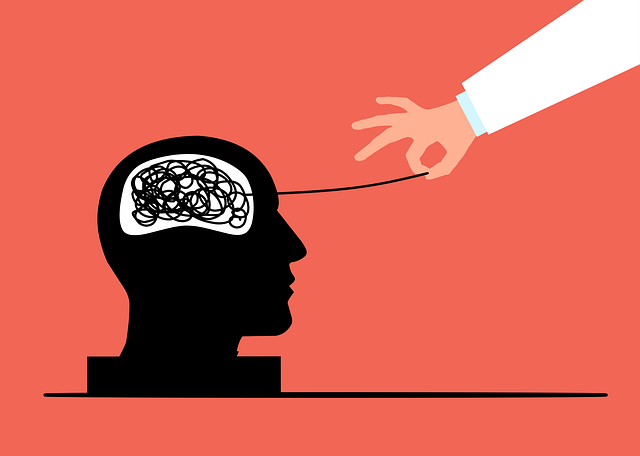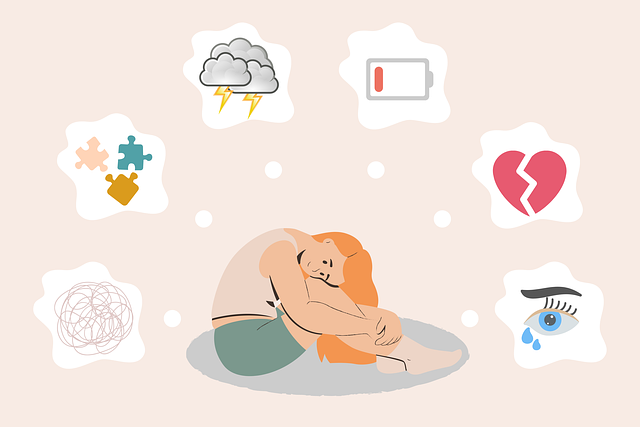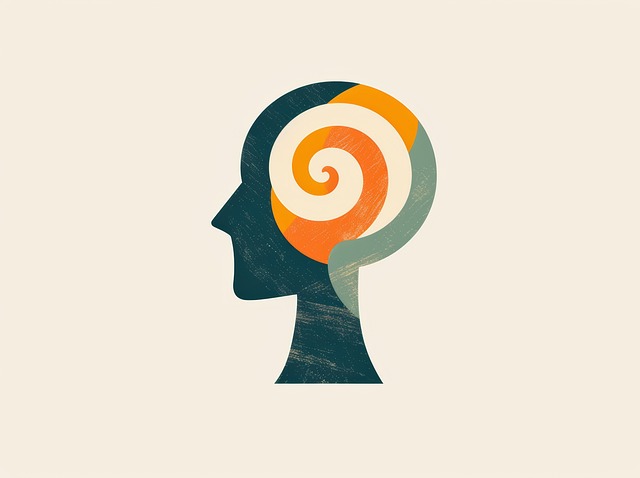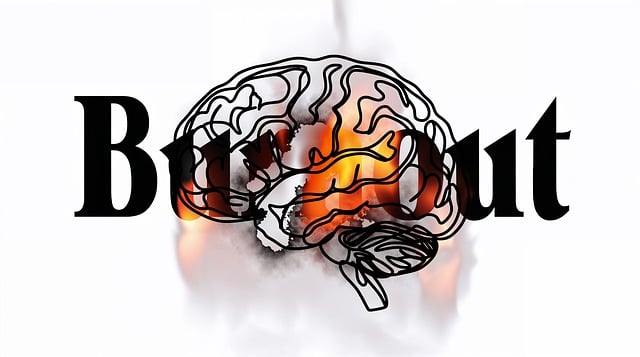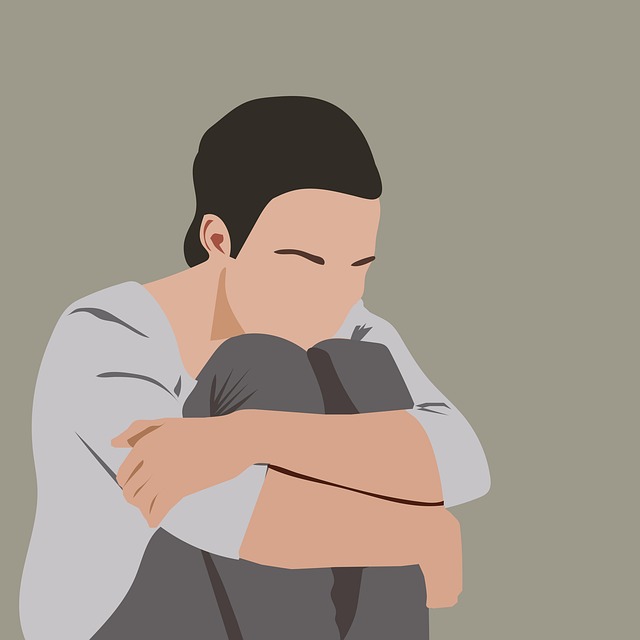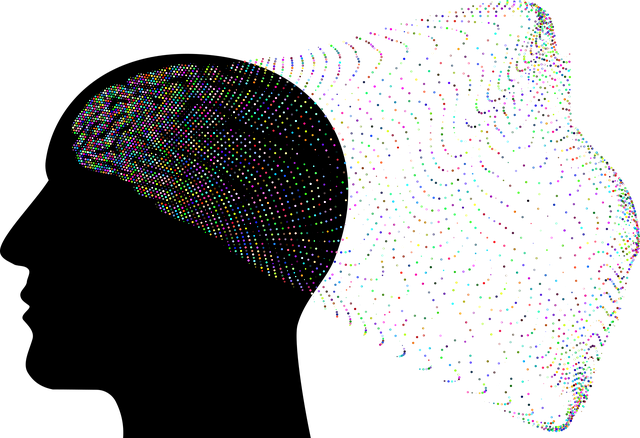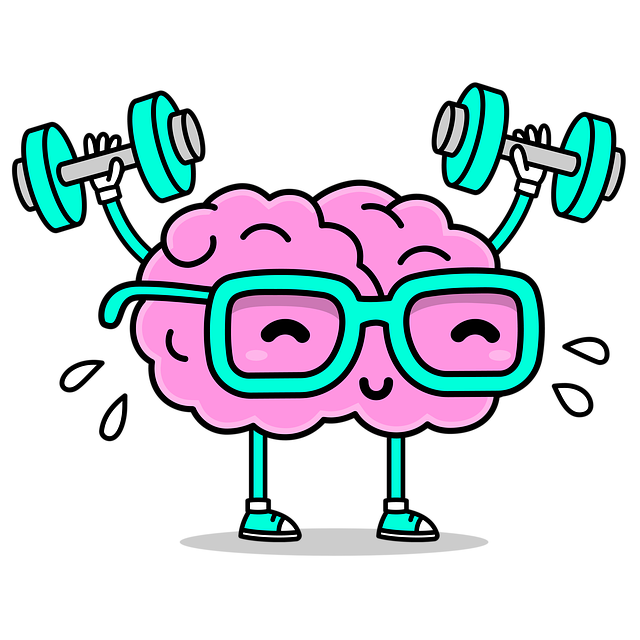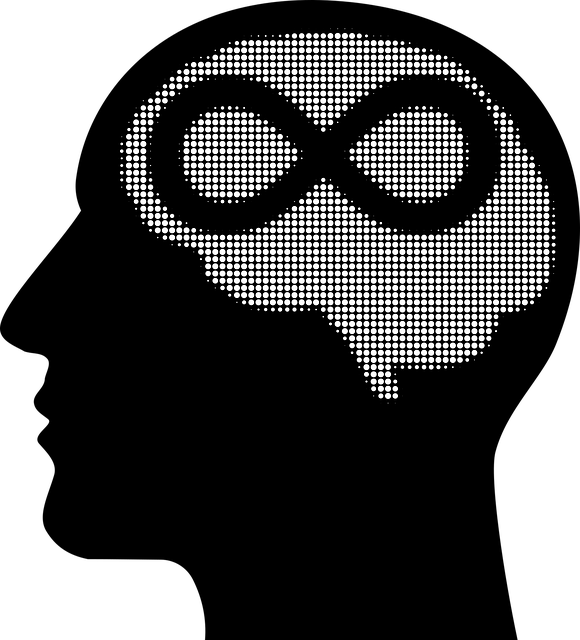Parker Independent Medical Evaluations (PIME) therapy leverages Resilience (R), Flexibility (F), and Mastery (M) principles to fortify mental health, especially for those dealing with illness. This structured approach enhances stress coping, adaptability, and personal growth by focusing on self-awareness exercises, mindfulness meditation, and a tailored self-care routine. PIME assessments track improvements in areas like anxiety relief through both quantitative data and Mental Wellness Journaling Exercises, optimizing resilience-building strategies for holistic well-being.
Resilience is a vital asset in navigating life’s challenges. This article explores RFM (Resource, Flexibility, and Mastery) as a framework for building resilience through structured exercises. We delve into the significance of Parker Independent Medical Evaluations in therapy, offering valuable insights for mental well-being.
Learn about practical RFM strategies to enhance coping mechanisms, and discover methods to measure success in resilience training. From understanding evaluation processes to implementing effective practices, this guide equips readers with tools to foster a resilient mindset.
- Understanding RFM: A Key to Resilience Building
- The Role of Parker Independent Medical Evaluations in Therapy
- Practical Exercises for Enhancing Resilience
- Measuring Success: Evaluating the Impact of Resilience Training
Understanding RFM: A Key to Resilience Building

Understanding RFM, or Resilience, Flexibility, and Mastery, is a cornerstone in building mental fortitude, especially for individuals navigating challenges such as mental illness. This framework, often incorporated into Parker Independent Medical Evaluations therapy sessions, offers a structured approach to enhance one’s ability to cope with stress and adversity. By focusing on these three dimensions, individuals can develop the tools necessary to adapt to life’s curveballs.
Resilience involves recovering from setbacks and building back better, while flexibility enables adjusting to change and uncertainty. Mastery, on the other hand, is about gaining control over one’s reactions and emotions. These concepts are interwoven in various exercises designed to foster self-awareness, a vital component of Mental Wellness Podcast Series Production efforts. Through Self-Awareness Exercises, individuals can begin to unravel the mental illness stigma reduction efforts by understanding their unique responses to stress, thus laying the groundwork for personal growth and improved mental health.
The Role of Parker Independent Medical Evaluations in Therapy

Parker Independent Medical Evaluations (PIME) play a pivotal role in therapy by offering comprehensive assessments that go beyond surface-level symptoms. These evaluations delve into an individual’s physical, mental, and emotional well-being, providing therapists with invaluable insights to tailor treatment plans effectively. By integrating PIME into therapeutic practices, professionals can enhance their understanding of clients’ underlying conditions, particularly those related to trauma or chronic stress.
This approach aligns perfectly with the Mind Over Matter principles, emphasizing that resilience building is not just about coping mechanisms but also addressing the root causes of distress. PIME facilitates more precise interventions, enabling therapists to guide clients through tailored resilience-building exercises and stress management workshops within the organization. Such personalized strategies significantly contribute to fostering emotional agility and overall well-being.
Practical Exercises for Enhancing Resilience

Building resilience is a crucial aspect of maintaining good mental health, and there are several practical exercises that can help individuals develop this vital skill. One effective method is incorporating mindfulness meditation into daily routines. This ancient practice encourages individuals to focus on the present moment, reducing anxiety and stress. Regular meditation sessions can enhance emotional healing processes, allowing people to better navigate challenging situations.
Additionally, Parker Independent Medical Evaluations Therapy suggests implementing self-care routine development strategies for better mental health. Simple yet powerful acts like prioritizing sleep, engaging in physical exercise, and cultivating a positive mindset contribute significantly to resilience. These practices create a sense of control and equips individuals with tools to cope with life’s ups and downs, fostering a more robust and adaptable mindset.
Measuring Success: Evaluating the Impact of Resilience Training

Measuring success is a vital aspect of any training program, and resilience building exercises are no exception. To evaluate the impact of resilience training, various methods can be employed, offering insights into participants’ progress and overall well-being. One effective approach involves Parker Independent Medical Evaluations, which provide a comprehensive assessment of mental health and emotional resilience. These evaluations help track improvements in areas such as anxiety relief, a key indicator of successful resilience training.
Additionally, maintaining a Mental Wellness Journaling Exercise can offer guidance on the effectiveness of the program. Participants can record their thoughts, emotions, and strategies for coping with challenges over time. This self-reflective practice allows individuals to identify patterns in emotional regulation and track their personal growth. By combining quantitative data from medical evaluations and qualitative insights from journaling, a holistic understanding of the training’s impact emerges, empowering both participants and therapists to refine and optimize resilience-building strategies.
Resilience is a vital asset in navigating life’s challenges, and the RFM model offers a comprehensive framework for building this strength. By integrating practical exercises and utilizing tools like Parker Independent Medical Evaluations therapy, individuals can enhance their resilience and adapt more effectively to stressful situations. Measuring success through evaluation allows for personalized growth, ensuring that each person’s unique journey towards resilience is supported and successful.
